"The Persistence of Analog": Guest lecture by prof. Mark Katz - muto
Events
null "The Persistence of Analog": Guest lecture by prof. Mark Katz
- Alkupäivämäärä
- 18 Sep 2014 - 00:00:00
- Alkamiskellonaika
- 16:00
- Koko päivä
- No
- Loppupäivämäärä
- Loppukellonaika
- 18:00
- Kuvaus
Analog is supposed to be dead, long ago swept into obscurity by digital technologies. But it never did quite die; in fact, the past decade has seen the resurgence of analog technologies and media, such as vinyl records, cassette tapes, and the like. Why the comeback the comeback? The rising popularity of vinyl records and other analog technologies is often attributed to their anti-digital qualities: their supposed warmth of sound versus the cold sterility of digital, or the appealing material and visual qualities of analog formats versus the insubstantiality of the zeroes and ones of MP3s. This may be part of the story, but it’s even the most important part. Rather, the persistence of analog, I argue, derives less from its resistance to digital than its symbiotic relationship with digital.
In order to explore this relationship I offer two case studies, both of which focus on vinyl records. In the first case study, I examine how listeners are engaging with vinyl today. I identify three main reasons that listeners have been drawn to vinyl records in recent years: for its supposed superiority of sound, for the multimodal experience (one that involves sight and touch as well as hearing), and out of technostalgia (a nostalgic longing for the technologies of past eras). In the second case study I consider how hip-hop DJs interact with vinyl. In particular, I focus on a technology now widely embraced by DJs called a digital vinyl system, which combines the advantages of analog and digital; its popularity, I argue, derives precisely from its hybridity. The broader purpose of these case studies is to explore the intersections of music, technology, and culture, and to propose the concept of technocultural choice, which holds that technology exists in a state of constant interplay with cultural and subcultural forces, all of them shaping how musicians and listeners choose and use musical technologies. At its broadest, this essay asserts that culture is a crucial force that shapes our musical engagement with technology.- Sijainti
- University of Turku / Janus Lecture Hall
